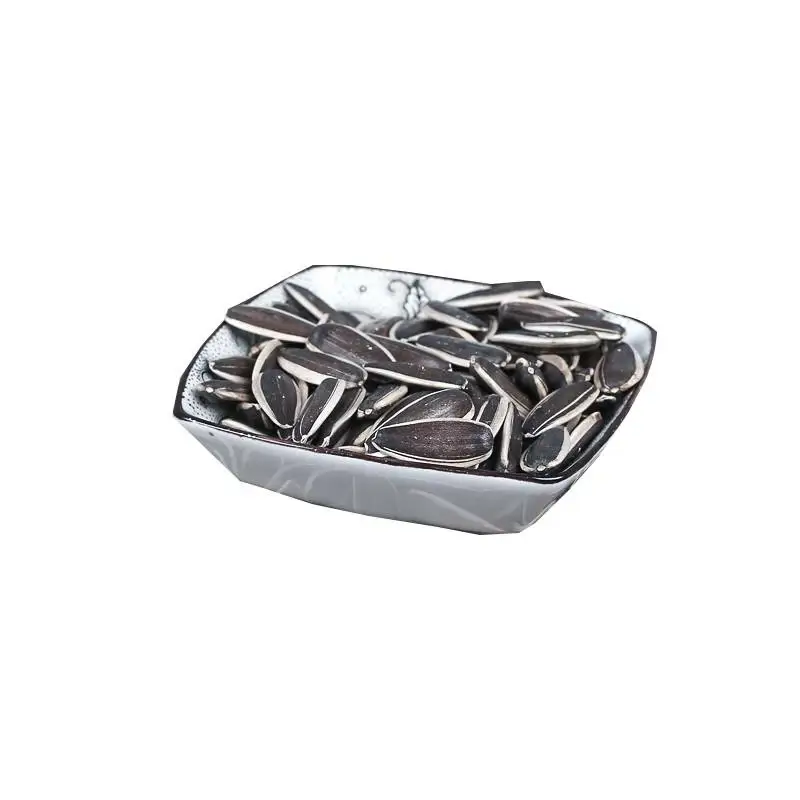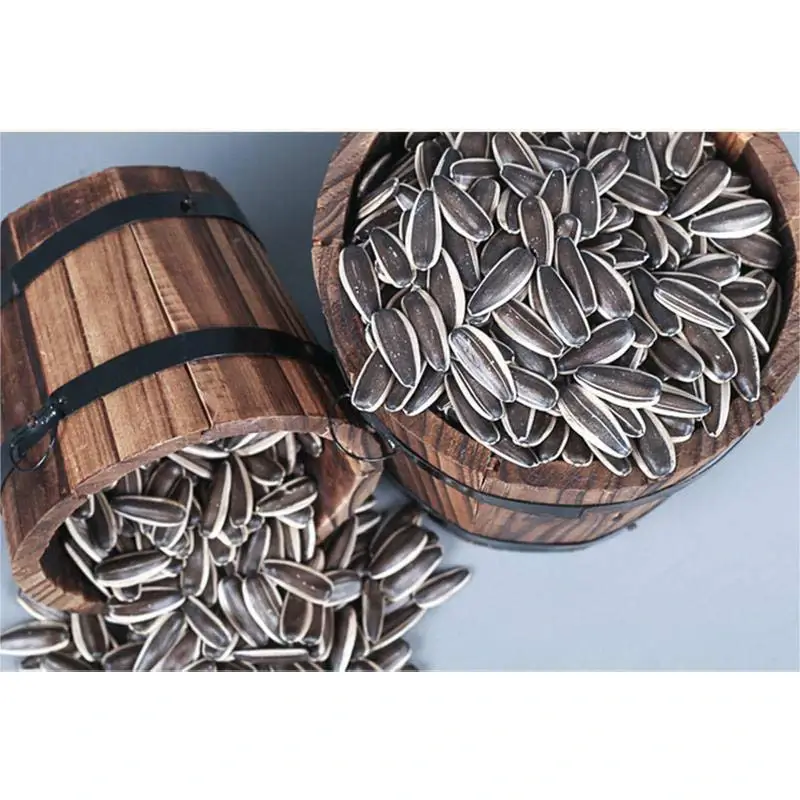-
 Afrikaans
Afrikaans -
 Albanian
Albanian -
 Amharic
Amharic -
 Arabic
Arabic -
 Armenian
Armenian -
 Azerbaijani
Azerbaijani -
 Basque
Basque -
 Belarusian
Belarusian -
 Bengali
Bengali -
 Bosnian
Bosnian -
 Bulgarian
Bulgarian -
 Catalan
Catalan -
 Cebuano
Cebuano -
 Corsican
Corsican -
 Croatian
Croatian -
 Czech
Czech -
 Danish
Danish -
 Dutch
Dutch -
 English
English -
 Esperanto
Esperanto -
 Estonian
Estonian -
 Finnish
Finnish -
 French
French -
 Frisian
Frisian -
 Galician
Galician -
 Georgian
Georgian -
 German
German -
 Greek
Greek -
 Gujarati
Gujarati -
 Haitian Creole
Haitian Creole -
 hausa
hausa -
 hawaiian
hawaiian -
 Hebrew
Hebrew -
 Hindi
Hindi -
 Miao
Miao -
 Hungarian
Hungarian -
 Icelandic
Icelandic -
 igbo
igbo -
 Indonesian
Indonesian -
 irish
irish -
 Italian
Italian -
 Japanese
Japanese -
 Javanese
Javanese -
 Kannada
Kannada -
 kazakh
kazakh -
 Khmer
Khmer -
 Rwandese
Rwandese -
 Korean
Korean -
 Kurdish
Kurdish -
 Kyrgyz
Kyrgyz -
 Lao
Lao -
 Latin
Latin -
 Latvian
Latvian -
 Lithuanian
Lithuanian -
 Luxembourgish
Luxembourgish -
 Macedonian
Macedonian -
 Malgashi
Malgashi -
 Malay
Malay -
 Malayalam
Malayalam -
 Maltese
Maltese -
 Maori
Maori -
 Marathi
Marathi -
 Mongolian
Mongolian -
 Myanmar
Myanmar -
 Nepali
Nepali -
 Norwegian
Norwegian -
 Norwegian
Norwegian -
 Occitan
Occitan -
 Pashto
Pashto -
 Persian
Persian -
 Polish
Polish -
 Portuguese
Portuguese -
 Punjabi
Punjabi -
 Romanian
Romanian -
 Russian
Russian -
 Samoan
Samoan -
 Scottish Gaelic
Scottish Gaelic -
 Serbian
Serbian -
 Sesotho
Sesotho -
 Shona
Shona -
 Sindhi
Sindhi -
 Sinhala
Sinhala -
 Slovak
Slovak -
 Slovenian
Slovenian -
 Somali
Somali -
 Spanish
Spanish -
 Sundanese
Sundanese -
 Swahili
Swahili -
 Swedish
Swedish -
 Tagalog
Tagalog -
 Tajik
Tajik -
 Tamil
Tamil -
 Tatar
Tatar -
 Telugu
Telugu -
 Thai
Thai -
 Turkish
Turkish -
 Turkmen
Turkmen -
 Ukrainian
Ukrainian -
 Urdu
Urdu -
 Uighur
Uighur -
 Uzbek
Uzbek -
 Vietnamese
Vietnamese -
 Welsh
Welsh -
 Bantu
Bantu -
 Yiddish
Yiddish -
 Yoruba
Yoruba -
 Zulu
Zulu
May . 07, 2025 17:06 Back to list
Premium Organic Sunflower Seeds Bulk Suppliers & Exporters
- Understanding the Global Demand for Sunflower Seeds
- Technical Innovations in Seed Processing
- Leading Manufacturers: A Comparative Analysis
- Custom Solutions for Bulk Export Requirements
- Case Study: Optimizing Supply Chains in Europe
- Sustainability Practices in Seed Production
- Why Choose Professional Sunflower Seeds Exporters

(sunflower seeds)
Sunflower Seeds: Meeting Global Agricultural Needs
The global sunflower seeds
market is projected to grow at a 5.8% CAGR through 2030, driven by rising demand for plant-based proteins and edible oils. Modern farming techniques have increased average yield per hectare by 22% since 2015, with top-producing regions like Ukraine and Russia accounting for 47% of worldwide supply. Advanced sorting technologies now achieve 99.7% purity rates, ensuring compliance with international food safety standards.
Technical Innovations in Seed Processing
Industrial-scale dehulling machines now process 8-12 metric tons hourly, reducing kernel breakage to under 3%. Key advancements include:
- Optical color sorters with AI-driven quality control
- Moisture stabilization systems (±0.5% accuracy)
- Traceability protocols meeting EUDR compliance
Leading Manufacturers: A Comparative Analysis
Custom Solutions for Bulk Export Requirements
Specialized exporters offer tailored packaging configurations:
- 25kg PP woven bags with UV protection
- Big bags (1,000-1,500kg) with moisture barriers
- Private label retail packaging (50g-5kg units)
Custom phytosanitary documentation ensures smooth customs clearance across 130+ countries.
Case Study: Optimizing Supply Chains in Europe
A German food processor reduced logistics costs by 18% through strategic partnerships with Ukrainian exporters. Key outcomes:
- 42-hour average delivery time from farm to processing
- 0.03% shipment loss rate
- Customized fatty acid profile development
Sustainability Practices in Seed Production
Progressive manufacturers implement:
- Water usage monitoring (8.3L/kg industry average)
- Solar-powered processing facilities
- Non-GMO cultivation verified through blockchain
Sunflower Seeds Exporters: Ensuring Quality at Scale
Established exporters maintain 97.4% on-time delivery rates through:
- Dedicated container loading facilities
- Real-time climate monitoring during transit
- Multi-language contract support
Third-party quality audits show 99.1% compliance with contractual specifications across 15 critical parameters.

(sunflower seeds)
FAQS on sunflower seeds
Q: What quality standards do your sunflower seeds on a sunflower product adhere to?
A: Our sunflower seeds undergo rigorous quality checks, including hygiene and freshness tests, to meet international food safety standards like ISO 22000 and HACCP.
Q: How can I verify the reliability of sunflower seeds on a sunflower manufacturers?
A: Look for certifications (e.g., USDA Organic, Fair Trade), production capacity, and customer reviews to assess the credibility of sunflower seed manufacturers.
Q: Which countries do you serve as a sunflower seeds in sunflower exporter?
A: We export to over 30 countries, including the USA, Germany, Japan, and Australia, complying with local import regulations and certifications.
Q: Are your sunflower seeds on a sunflower products available in bulk packaging?
A: Yes, we offer bulk packaging (25kg bags) and customizable retail-ready options, ensuring freshness and extended shelf life.
Q: What certifications are required for sunflower seeds in sunflower exports?
A: Essential certifications include Phytosanitary, Non-GMO, and Origin Certificates, tailored to meet destination-country agricultural laws.
-
Premium Sunflower Seeds – High Quality Sunflower Product from Leading Manufacturers & Exporters
NewsJul.08,2025
-
Premium Selected Sunflower Seeds - Reliable Manufacturer & Exporter
NewsJul.08,2025
-
Premium Sunflower Seeds Supplier & Manufacturer Wholesale Exporter
NewsJul.07,2025
-
Premium Original Sunflower Seed Exporters & Manufacturers Top Factories Supply Bulk Seeds Worldwide
NewsJul.07,2025
-
Original Sunflower Seed Supplier & Exporter Premium Manufacturer & Factories
NewsJul.07,2025
-
Premium Original Sunflower Seed Supplier – Top Manufacturer & Exporters
NewsJul.06,2025
